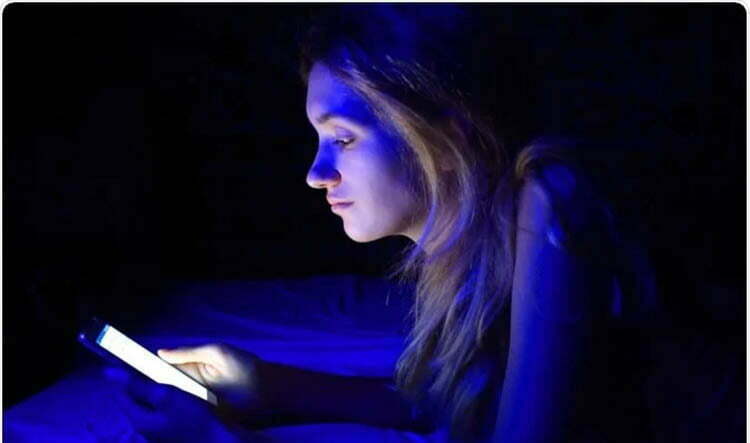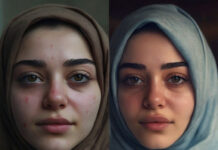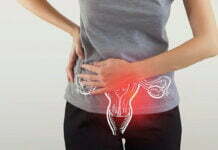Blue light is a type of light with a short wavelength that is emitted by electronic devices such as smartphones, tablets, and computers. Exposure to blue light, especially at night, has been shown to disrupt our circadian rhythm, making it harder to fall asleep and stay asleep. In this article, we will discuss the impact of blue light on sleep quality and ways to reduce exposure.

Impact of Blue Light on Sleep Quality
Our body’s internal clock, also known as the circadian rhythm, is responsible for regulating our sleep-wake cycle. The circadian rhythm is influenced by external factors, such as light exposure. Exposure to blue light at night can suppress the production of melatonin, a hormone that regulates sleep, making it harder to fall asleep and stay asleep.
Studies have shown that exposure to blue light before bedtime can delay the onset of sleep, reduce the quality of sleep, and cause daytime sleepiness. A study conducted by the University of Haifa found that individuals who were exposed to blue light for two hours before bedtime experienced a 22% reduction in melatonin levels and a 55-minute delay in their sleep onset time compared to those who were not exposed to blue light.
Ways to Reduce Exposure to Blue Light
Reducing exposure to blue light before bedtime is essential for improving sleep quality. Here are some ways to reduce exposure to blue light:
- Use blue light filters: Many electronic devices have built-in blue light filters that can be turned on in the settings. These filters reduce the amount of blue light emitted by the device, making it less likely to disrupt the circadian rhythm.
- Use apps and software: Several apps and software programs are available that can reduce blue light exposure on electronic devices. These programs automatically adjust the color temperature of the device based on the time of day, reducing blue light exposure at night.
- Limit device use before bedtime: One of the most effective ways to reduce blue light exposure is to limit the use of electronic devices before bedtime. Ideally, devices should be turned off at least one hour before bedtime to allow the body to produce melatonin and prepare for sleep.
- Use blue light-blocking glasses: Blue light-blocking glasses are another option for reducing blue light exposure. These glasses have lenses that block blue light and can be worn while using electronic devices before bedtime.
Impact of Blue Light on Sleep Quality
In conclusion, exposure to blue light from electronic devices can negatively impact sleep quality. By reducing exposure to blue light, individuals can improve their sleep quality and reduce the risk of sleep-related problems. The use of blue light filters, apps and software, limiting device use before bedtime, and blue light-blocking glasses are all effective ways to reduce exposure to blue light.













